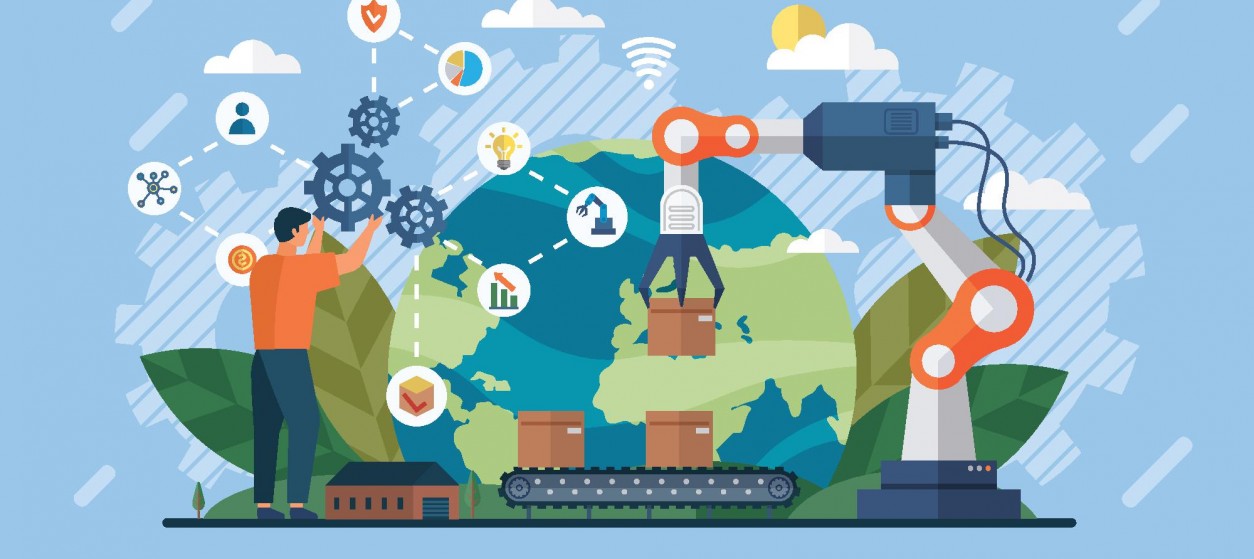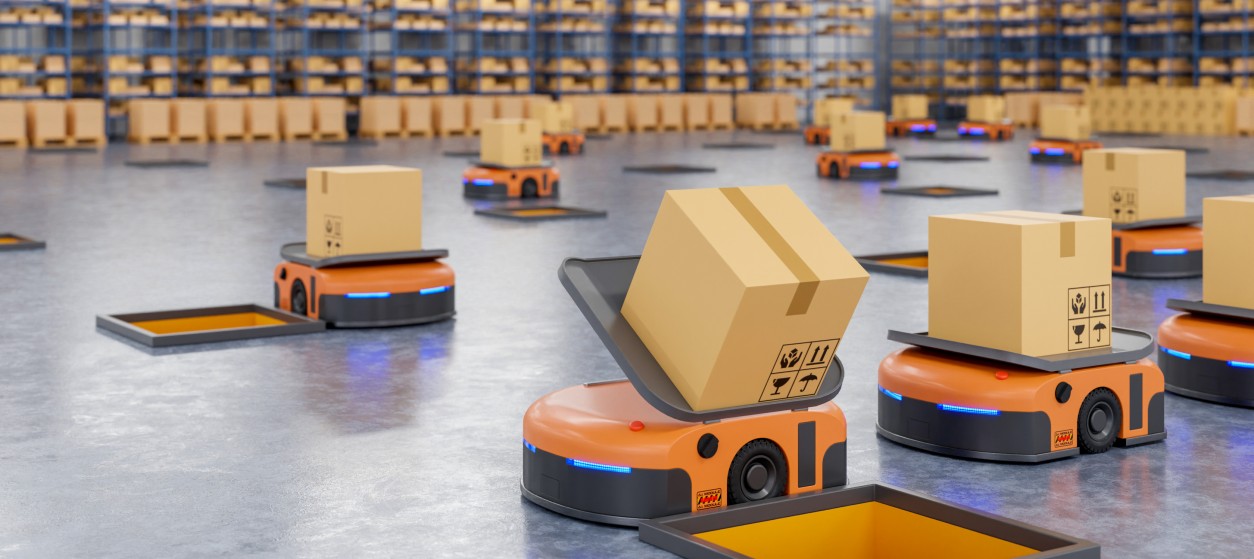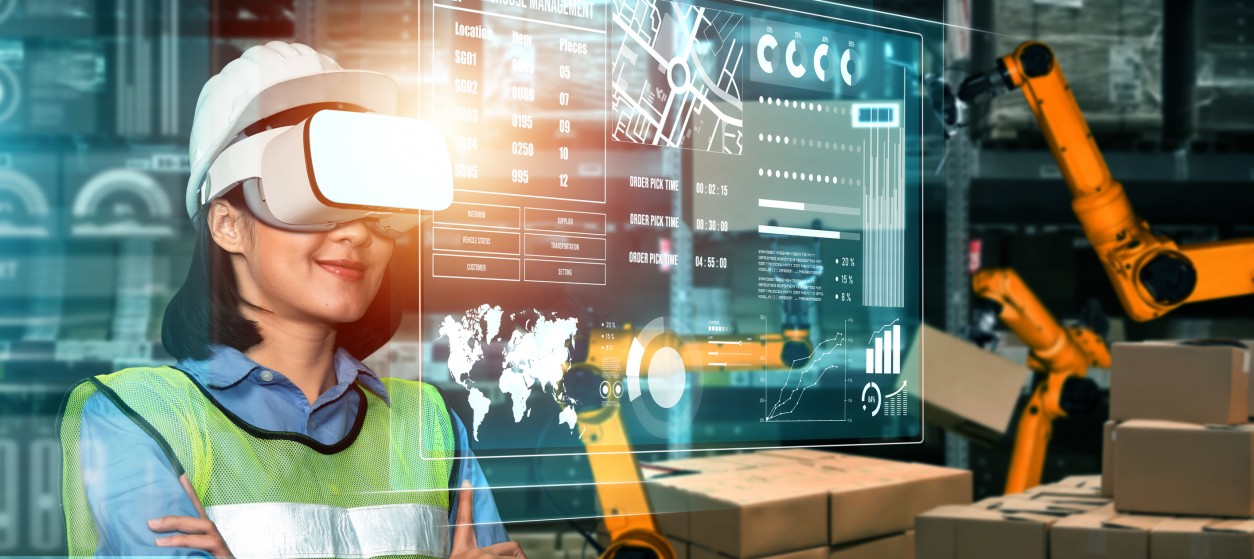Climate change is one of the most significant challenges of our times, giving rise to formation of governmental policies and social reforms that are aimed at economic and environmental sustainability. Energy companies are gradually transforming their strategies to stay in-line with such policies, hence producing cleaner and sustainable energy based on renewable sources such as solar power, wind power and hydroelectricity. As part of this transformation, energy companies encourage consumers to behave in a sustainable way and also incentivize them to become prosumers i.e. to engage themselves in the energy production process.
In the scope of the energy sector, the term “prosumer” denotes people or businesses that both consume and produce energy. Prosumers take advantage of innovative technologies such as smart homes, smart buildings and electrical cars to participate in the production and trading of energy. For example, smart home technologies provide the means for in-home energy savings and the collection of energy from solar panels. Likewise, people driving electric cars can store energy in the car’s battery. These technologies enable a whole new range of business models that facilitate energy production and trading.
Prosumer Energy Scenarios
There are different business scenarios that involve prosumers in the energy value chain. The most common one involves households or business organizations (e.g., manufacturers, oil refineries) feeding energy to the national or local distribution grid. In most cases, this situation involves the production of some form of renewable energy. Moreover, the energy that is fed to the grid represents, usually, a surplus of the energy produced by the prosumer, this means that the prosumer produces energy to fulfill its own needs and then sells the surplus to some energy company.
In the smart home and smart building settings, the deployment of smart meters can enable consumers to participate in a wide range of use cases, including energy optimization and active balancing of the grid, as well as implementation of specific and customized energy usage policies for the prosumer. This means that the energy that can be supplied by the prosumer can be stored and made available at times when it is actually needed (e.g., times of peak demand) as consumers can accumulate renewable energy at other times (e.g., times of good weather). At the same time, the supply of energy to specific prosumers or groups of prosumers can be optimized based on their needs.
Beyond smart home and smart building scenarios, electro-mobility is another trend that supports consumers’ participation in energy production and trading. During the last five years, electric vehicles are being purchased at a consistently increasing rate and automotive manufacturers are rolling out more products in order to satisfy this demand. Emerging electric vehicles come with vehicle-to-grid (V2G) capabilities, which are in-sync with a wide range of prosumer energy systems and related business models. V2G vehicles enable their owners to communicate with the power grid through an appropriate network. In this way, owners are able to collect energy from renewable sources and hence benefit by selling it to the grid operator or by using it to reduce their charging fees. In such setups, the energy that is provided and sold to the grid is stored and made available in the power battery of the electric vehicle.
The deployment of V2G technology is still in its infancy, as most cities and regions lack the infrastructures (e.g., charging stations, network connections) needed to enable the use of electric vehicles and their deployment in V2G setups. Nevertheless, pilot deployments based on strategic collaborations between energy companies and automotive manufacturers are taking place, such as the trial realized in the UK by car manufacturer NISSAN and multinational power company ENEL. In the near future, we should expect to see a proliferating number of deployments, as V2G technology is likely to have a very positive impact on both energy and transportation.
These prosumer developments also enable novel business models and interactions between the various actors. For example, prosumer energy gives rise to the emergence of energy aggregator companies, which act as intermediaries that aggregate energy from many prosumers and accordingly sell it to the grid operator. The aggregator’s role increases both the flexibility of prosumers and their negotiation power, given that aggregators trade much higher volumes of energy.
Prosumer Incentives
Becoming a prosumer is usually associated with some upfront investments in infrastructure and services. This raises the question: “What’s the consumer’s incentive to become a prosumer?” There are different reasons, including both monetary and non-financial ones:
- Residential customers who own and deploy facilities for renewable energy are usually eligible for tax credits and payments from governmental entities or electric utility companies.
- Consumers are in several cases offered incentives by third party owners and entities involved in energy accumulation facilities and equipment deployment. In particular, consumers are offered with the deals like: Acquire the equipment without any upfront costs (e.g., in a leasing scheme) in exchange of providing some margin on the energy they sell to the utilities.
- Energy companies offer consumers with direct reductions on their bills, based on the amount of energy the consumers supply to them.
- Several research firms have been recently experimenting with gamification, rewarding the most responsive consumers etc., as a means of increasing engagement.
Due to the above incentives it is likely that prosumer energy business models, could in the future, lead the consumers to achieve the so-called ‘socket parity’, which is the point where generating energy becomes cheaper than retail rates. This would further encourage massive adoption of clean and renewable energy.
Likewise, we expect prosumer friendly business models to be built around electro-mobility. For example, employers could give their employees free electric vehicles (from a corporate fleet) provided that they charge them using renewable energy sources. In this scenario employers are able to benefit from consuming the accumulated energy for corporate operations, which could amortize the cost of purchasing and maintaining the fleet.
Challenges and Outlook
While the prospect of prosumer energy is exciting, there are still quite some obstacles to overcome. These obstacles do not primarily concern the IT and energy technologies, which advance at a rapid pace, rather these are related to the establishment of proper policy and regulatory environment and formation of win-win business models. The results of early pilots have not been enough to convince regulators and governments to prepare detailed plans towards a prosumer energy paradigm. In coming years an expanded use of renewable energy sources is expected, along with increased participation of consumers in energy generation and trading. Apart from the monetary benefits, this participation will have a significant social impact, helping to make the world a little better.










Good day! Do you know if they make any plugins to help with Search Engine Optimization? I’m trying to get my site to rank for some targeted keywords but
I’m not seeing very good gains. If you know of any please share.
Thank you! You can read similar art here: Bij nl